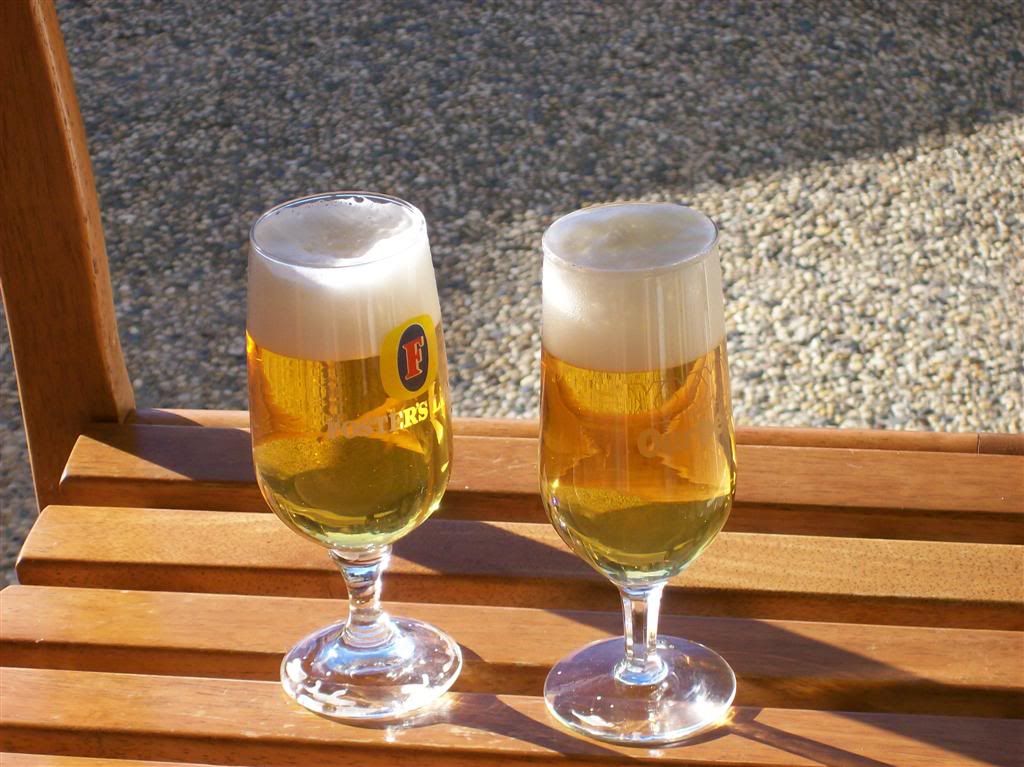Hi all,
I have been doing allgrain brewing for a year or so now, and am pretty happy with how things are going. I bought a keg and filtering system that uses a 1 micron absolute cartridge. The filtering in my opinion really improves the taste and obviously the clarity and appearance of the beer, but some haze remains even when using polyclar. I have read small snipets on here about using diatomaceous earth as an additive to the cartridge filter to further improve the clarity. The only place I have found diatomaceous earth in small quantities is the local pool supplier. The first person that I spoke to suggested that diatomaceous earth was toxic and should not be used in the process of filtering beer, (which I don't agree with by the way, as the comercial breweries use it). The second pool shop owner that I spoke to seemed to think it would be ok, but advised me to be careful in the handling of it, as if it is breathed into the lungs, it tends to accumulate, and over a period of time, can cause cancer. That does not worry me too much, I think it is just a matter of being careful in the handling process.
Does anyone else know of any health risks of DE or have any suggestions as to how to use it effectively?
Cheers,
Brett
I have been doing allgrain brewing for a year or so now, and am pretty happy with how things are going. I bought a keg and filtering system that uses a 1 micron absolute cartridge. The filtering in my opinion really improves the taste and obviously the clarity and appearance of the beer, but some haze remains even when using polyclar. I have read small snipets on here about using diatomaceous earth as an additive to the cartridge filter to further improve the clarity. The only place I have found diatomaceous earth in small quantities is the local pool supplier. The first person that I spoke to suggested that diatomaceous earth was toxic and should not be used in the process of filtering beer, (which I don't agree with by the way, as the comercial breweries use it). The second pool shop owner that I spoke to seemed to think it would be ok, but advised me to be careful in the handling of it, as if it is breathed into the lungs, it tends to accumulate, and over a period of time, can cause cancer. That does not worry me too much, I think it is just a matter of being careful in the handling process.
Does anyone else know of any health risks of DE or have any suggestions as to how to use it effectively?
Cheers,
Brett





